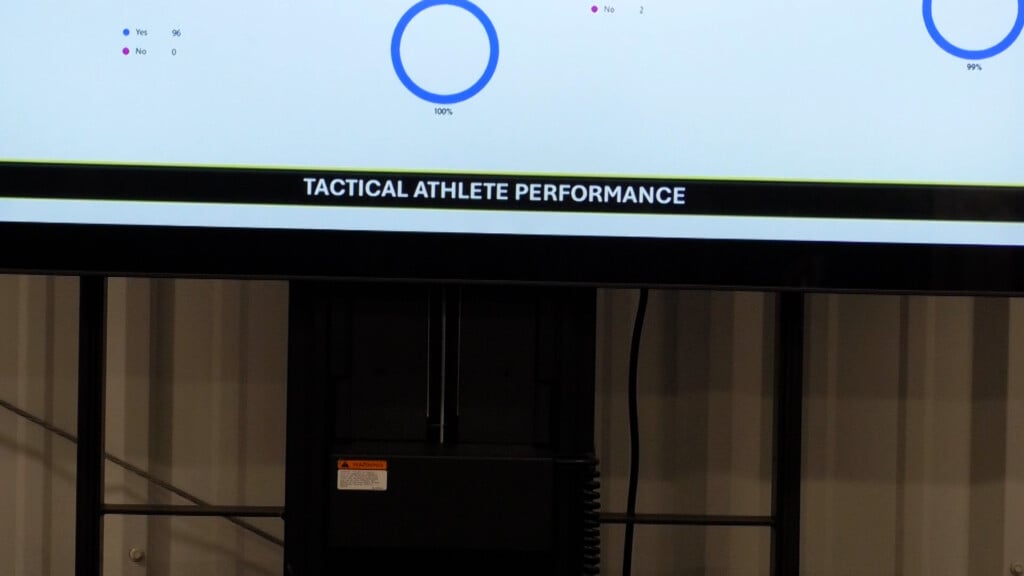State Kindergartners Show Reading Improvement
JACKSON, Miss. – The results of Mississippi’s first statewide assessment of learning in Kindergarten show that the majority of the state’s youngest students have made significant gains this academic year.
More than 40,000 Kindergarteners from 144 districts took the STAR Early Literacy exam in the fall and spring of the 2014-15 school year. The state average score for the fall test was 501. The average score climbed to 680 after the spring test.
“These scores show that teachers have been equipping children with the foundational reading skills that are needed to progress in school,” said Dr. Kim Benton, chief academic officer for the Mississippi Department of Education. “Schools and teachers have been effective at helping students who start school unprepared exit Kindergarten with beginning reading skills.”
Every district in the state showed progress among their Kindergarten classes, though student achievement varied.
Statewide, 56% of students scored above 675, which categorizes them as transitional readers. Students scoring at this level are beginning to read unfamiliar words and easy reader material, but are not yet independent readers. Among the 44% of students who scored below 675, most scored near the cusp of the transitional reader category.
“The scores from this assessment are not intended to be used for decisions about student promotion or retention,” Benton said. “Child development research tells us that all children learn at a different pace. Regardless of their score on this test, all children who complete Kindergarten need support throughout the summer to continue developing their reading skills.”
District average scores ranged from 595 to 762.
The Kosciusko School District, whose average pretest score of 445 was the lowest in Mississippi, achieved the state’s highest gain and average score of 762 on the spring test.
Dr. Tony McGee, superintendent of the Kosciusko School District, credits his district’s teachers and school leaders for the high test scores.
“Nothing beats good, quality teachers in the classroom and good school leadership,” McGee said. “Our students come to us from various backgrounds. Some come from good Pre-K programs and some have never attended preschool. We focused on the kids who were struggling at the bottom and had an interventionist work with them. We did a lot of intensive intervention.”
McGee said his district, which is rated an A, has historically had good test scores.
“Get students in a structured program and have good leadership, and they’ll do well,” he said.
Pearl Public Schools also saw a significant increase in scores. The district’s average score jumped from 471 to 714, putting it among the state’s top three districts for gains.
“We are very proud of our students, teachers, parents, and community partners. These results are a testament to the great things that can result from everyone working together with a common focus on improving student learning,” said Dr. Ray Morgigno, superintendent of Pearl Public Schools. “This growth can be attributed to building administrators who are committed to providing an educational experience that will meet children where they are when they walk through the doors and take them as far as they can possibly go.”
The benchmark score for the fall Kindergarten Readiness Assessment was 530. This score was used to determine whether children were ready for Kindergarten learning. Based on the fall results, two out of every three students entered Kindergarten lacking prerequisite skills. The spring test showed 9% of Kindergarteners scored below 530.
“The results of the fall and spring Kindergarten Readiness Assessment underscore the need to expand access to high-quality early childhood education throughout Mississippi,” said Dr. Carey Wright, state superintendent of education. “When children start school unprepared, school districts have to work much harder to help students catch up. Early childhood education is a valuable tool for parents to help equip their children for success in Kindergarten and beyond.”
Research from a four-year study show that 84% of students at the beginning of Kindergarten with a score of 530 or above on the STAR Early Literacy exam are on track to become proficient readers by the end of 3rd grade.
This test evaluates skills such as the ability to recognize letters and match letters to their sounds and a student’s recognition that print flows from left to right. The exam produces reports for parents and teachers that detail each child’s early reading skills. Teacher reports also include diagnostic information and instructional plans for every student.
In addition to the STAR Early Literacy exam, the MDE has provided every school district in the state with a common set of literacy screeners to evaluate children’s progress throughout the year.
“We now have an objective measure of student progress in Kindergarten,” Wright said. “These test results will help schools make data-driven decisions that are in the best interest of their students. Reading instruction must remain a major focus of Kindergarten through the 3rd grade.”
To view the results, visit www.mde.k12.ms.us/kr.





Leave a Reply